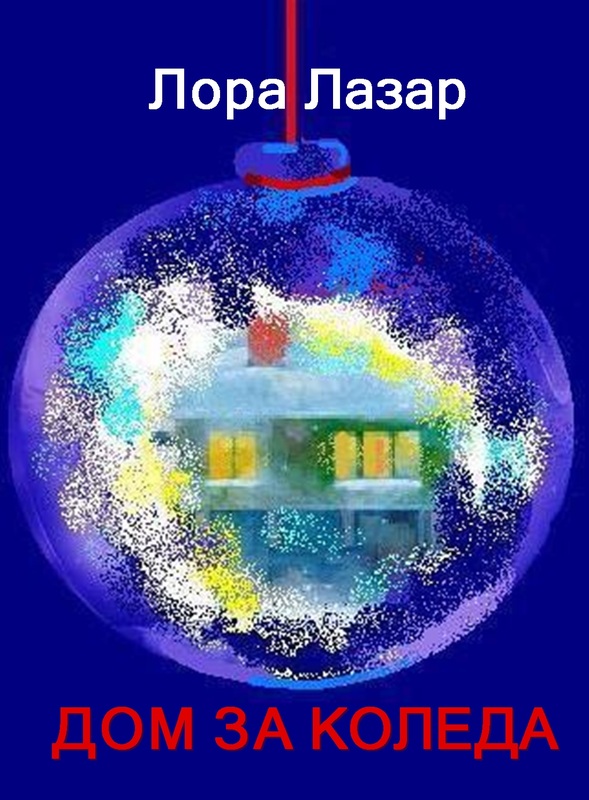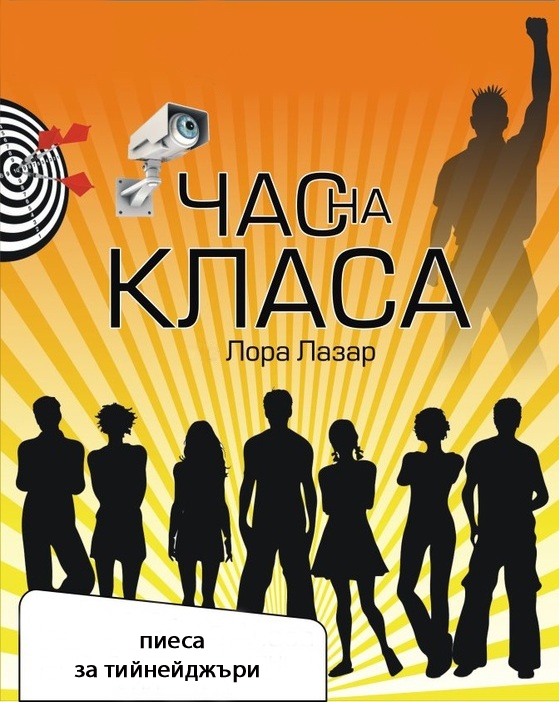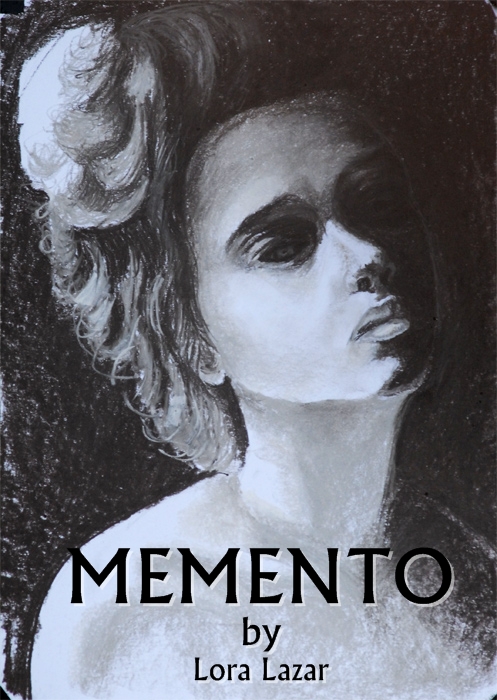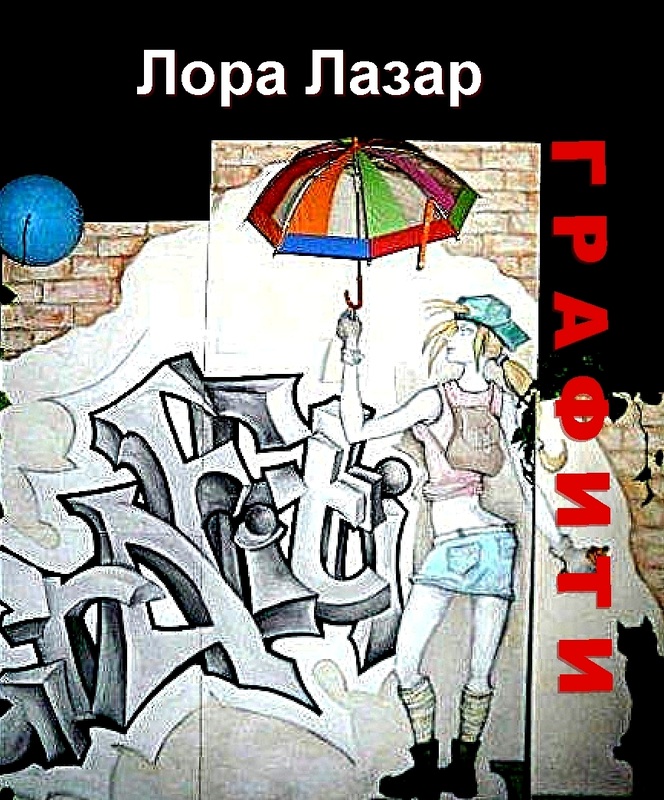
I’ve been long surprised at the lack of quality crime fiction in Bulgaria, particularly as the yellow press never misses an opportunity to report lurid stories about underworld figures with colourful nick-names.
In the summer in my last trawl of Bulgarian bookshops to tide me over my UK winter months, I chanced upon “Грешният Квартал” by Lora Lazar. I read the blurb. Could this be the book to challenge the Scandinavian noir writers that dominate the English speaking market at the moment?
The title is difficult to translate as “Грешният” has two meanings – “sinful” and “wrong” as in the sense of “mistaken”. Let’s keep with sin and call it “The Sinful District”, though as every district has its shameful secrets we need to keep the second option open.
Lora Lazar provides a deeply satisfying read. Her novel keeps close to the conventions of the serial killer genre – an irascible bloody minded detective at odds with his superiors; a loyal young sidekick/apprentice; a meddling journalist who gets under their feet: an anonymous murderer always one step ahead and with a real flair for dramatic visual representation; a series of marginalised and abusive victims and most importantly a vivid backdrop of a decaying urban wasteland. Lazar keeps the reader hooked. Her tightly organized plot drops timely clues and red herrings.
So far so Scandinavian but Lazar serves up two elements that are uniquely Bulgarian. First, her sinful district is a post communist mess of some neglected old houses, panel blocks, disused factories and workshops turned into warehouses, hovels and broken sheds, a sprawling gypsy quarter, with a railway line running through it all and a typically Bulgarian predilection for gossip. Shameful truths of physical and sexual abuse slowly emerge. Second she has skilfully weaved into the story several of Atanas Dalchev’s poems, which complement the mood, the environment and the characters perfectly.
I read a lot of poetry when I first lived in Bulgaria in the Communist years, but it is only recently that a Bulgarian poet recommend I read Dalchev. It was a revelation. Perhaps it’s not surprising that I wouldn’t have heard much about him in Communist years. In the 60s just before his death he wrote “Silence” about the paralysing fear of those times. Most of his poetry was written between the wars in a no less turbulent period . His dark poems invest simple everyday features – windows, doors, balconies with a threatening symbolism. A shadow in the yard like a broken spear on the staircase reminds him of some undiscovered murder. Lora Lazar allows her murderer to educate his pursuing policemen as he styles his murder scenes around Dalchev poems. Lazar’s prose complements Dalchev’s subtle shadows, making the book a pleasure to read.
As in any murder story doors are very significant. Here is my translation of Atanas Dalchev’s poem on the those everyday objects
The doors
by Atanas Dalchev
The doors, the street front doors
of the ancient rotting houses
you recognise them, don’t you,
for how many years gone by
they noisily close behind you,
when at night you come back home,
they make way for you as if to say
“Please enter dear Master!”
They speak in strange voices
anytime weekday or Sunday
From morning through to night
they sing through yawning mouths
when you throw them open
and then you close them gently:
Oh, those songs and voices,
already known from childhood
The doors sodden in the rain,
rotting from water and winter
gnawed by numberless worms
stripped bare by the winds
the doors with thousands of scars –
colours and nameless letter plates
with studs, knockers and brackets
and their rust running like blood
And last night with all its might
a storm, unleashed in the gloom,
battered them like a wrecking ball
and the doors were stretched thin
and through the night till dawn
they were beating and rattling
like the wings of some black bird
dying wounded in the shadows.
The doors, your very own doors
there’s little point in locking them
alas you will never feel
safe and sound behind them.
When the night time fills your ears
and startled dogs are barking
they cannot keep you safe
from Her – the eternal hoodlum
Christopher Buxton graduated in English and American literature at the University of Kent. He first came to Bulgaria in 1977 as an English teacher in Burgas. In three years he mastered the language, read voraciously and began to be shocked by the unfairness of Bulgaria’s low profile on the European cultural stage.
He fell in love and so has remained close to the country ever since, spending more and more time there, immersing himself in the everyday struggle with extraordinary situations. He has had two novels published in Bulgaria, Far from the Danube and Prudence and the Red Baron and has also written a number of articles for Vagabond Magazine on contemporary Bulgarian social, cultural and political issues.
Some of his translations of Bulgarian classic literary texts can be found on his website: www.christopherbuxton.com. They include stories by Yovkov and Elin Pelin, poetry by Kiril Christov, Ivan Vazov, Vladimir Bashev, and Christo Fotev. His latest project is to translate Wolfhunt by Ivailo Petrov. He is a committee member of the British Bulgarian Friendship Society.
http://christopherbuxton.com/index.php/lora-lazars-murderous-homage-to-atanas-dalchev/
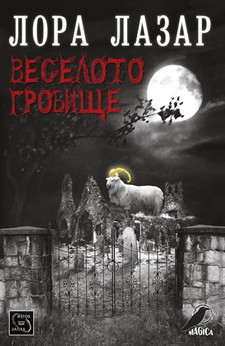
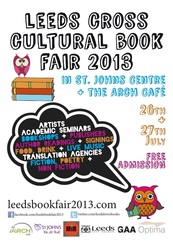
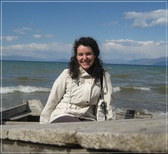
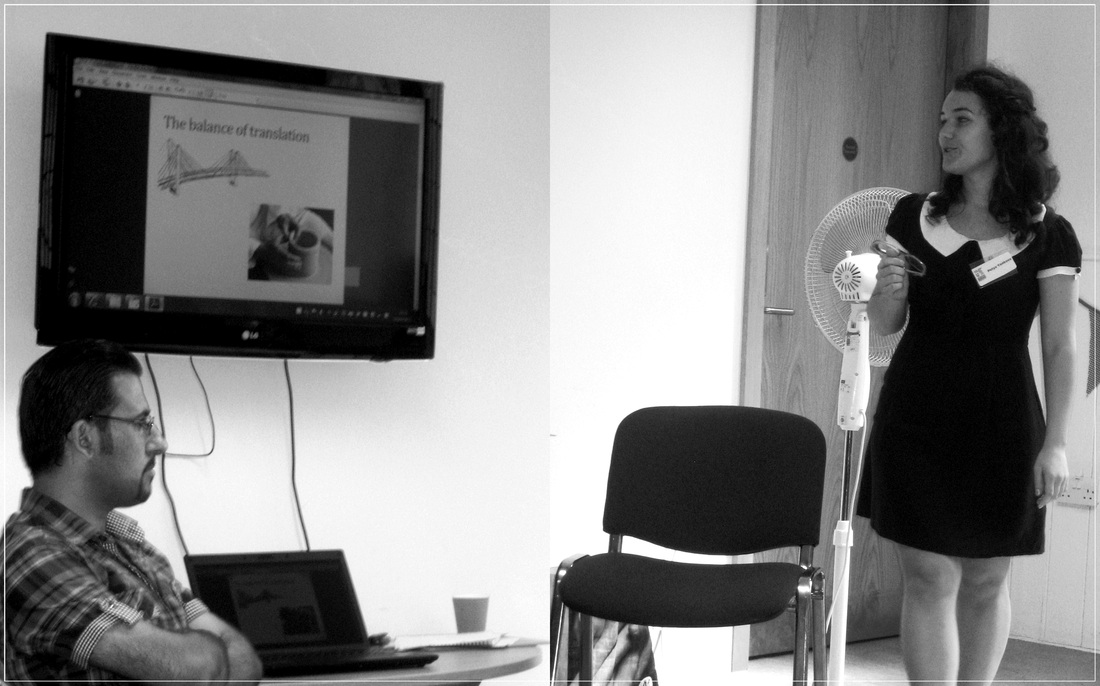
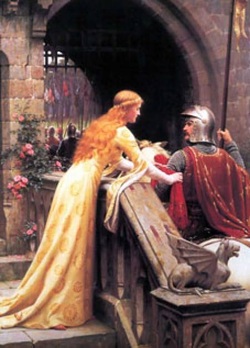
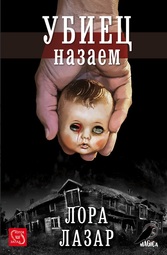

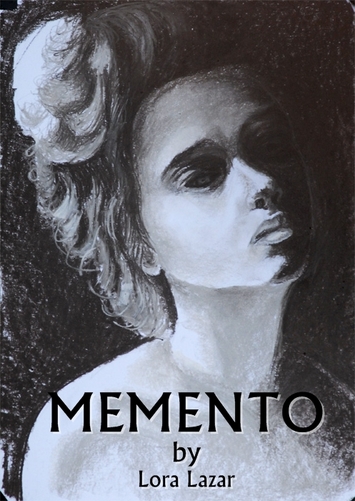


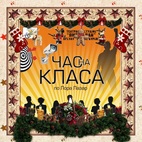
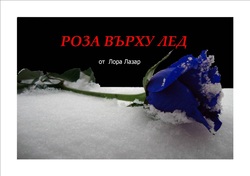
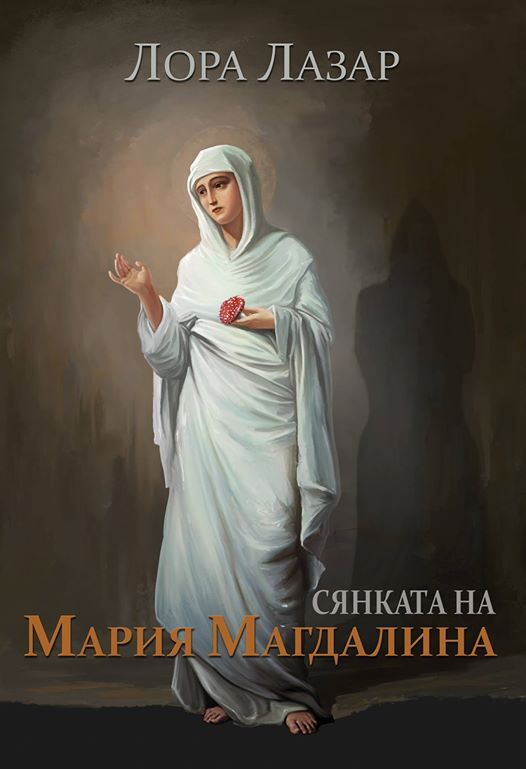
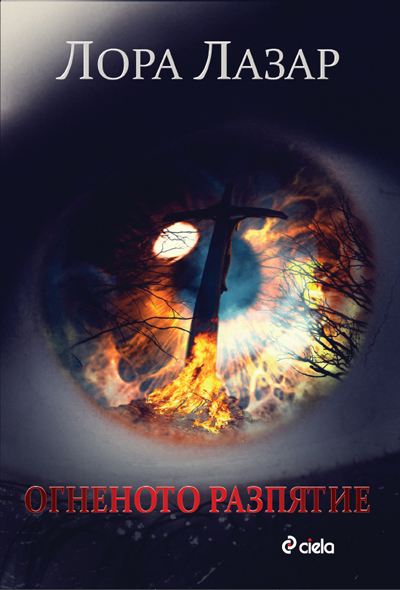
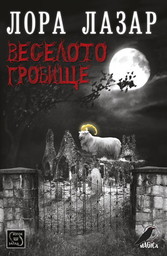
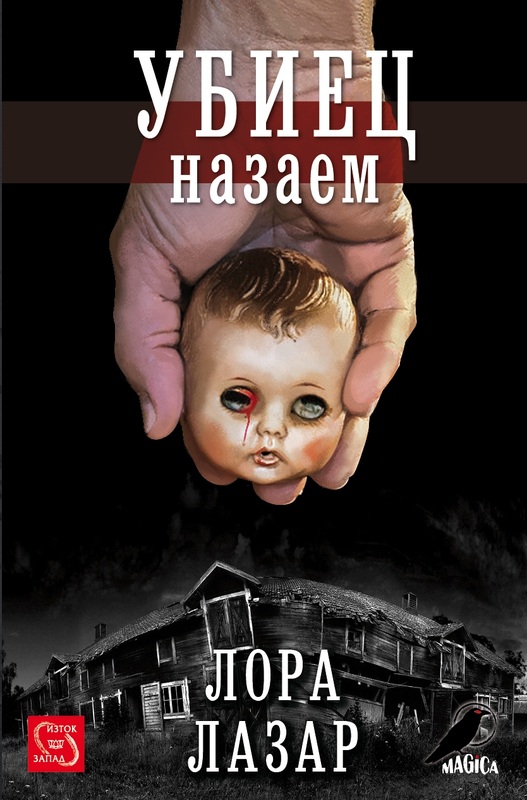

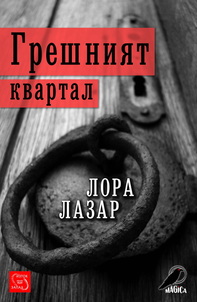
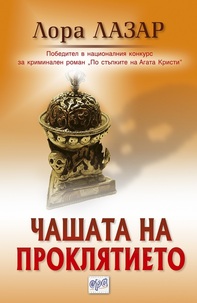
 RSS Feed
RSS Feed
